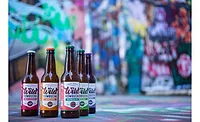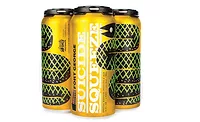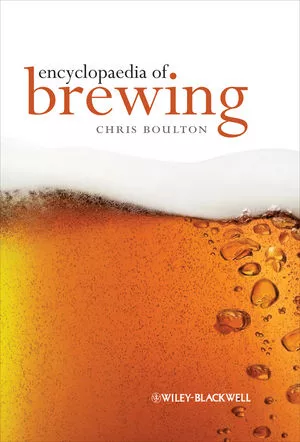Juice brands could benefit from expanding consumption occasions
Fortified juices offer greater potential for category
When it comes to consumption occasions, beverage-makers are no stranger to the challenges of trying to break into different day-parts and events for their respective brands. One category that has experienced those challenges over the years is the juice category. Because of its association with breakfast, brand owners continue to search for ways to help juice extend to broader daily consumption.
In a blog post titled “Can Juice Break into the Evening Occasion?” on Mintel’s website, Caleb Bryant, senior foodservice analyst for the market research firm, highlights some opportunities that could allow juice brands to capitalize on night-time drinking occasions.
“According to the Mintel Trend ‘Slow It All Down,’ the fast-paced world consumers live in is leading to an uptick in products/experiences focused on relaxation,” he wrote. “There has been a strong growth in herbal teas with relaxing or sleep-enhancing claims, and juice drinks have an opportunity to also make such claims. For example, juices made with adaptogens (stress-reducing compounds found in ingredients such as ashwagandha, holy basil and maca) can be marketed as a way to de-stress before bed.”
Another trend that could bolster the juice market is the demand for products that support digestive health, Bryant says. As a consumer who already drinks probiotic-fortified juice before bed every night, I would have to agree with him.
“Less sweet juices with ingredients that promote digestive health like ginger, probiotics and fennel could appeal to health-conscious consumers who want a non-alcoholic nightcap and the 31 percent of iGens who are interested in juice with added probiotics, according to Mintel’s research on the U.S. juice market,” he wrote.
A review of new products fortified with probiotics supports this trend. For example, Evolution Fresh launched Daily Probiotics Smoothies at Natural Products Expo East last year. The new organic Daily Probiotic Smoothies combine a coconut milk base with juice from cold-pressed fruits and vegetables and a day’s worth of probiotics — 1 billion colony-forming units, it says.
Despite this potential for the juice market, Bryant notes that the future of evening juice occasions remains in question.
“While evening juices are inspiring product innovation around the world, it’s still a niche opportunity in the U.S.,” he writes. “The average U.S. consumer has no idea what an adaptogen is, most consumers don’t drink digestifs and, right now, very few products make these evening claims. However, brands such as Califa Farms, GT’s Kombucha and REBBL are launching drinks with stress-reducing claims. If more brands play into this stress-free space, it will likely create more demand among consumers, creating more space for juice brands to play in. With the juice market struggling, brands must look for any and all occasions/day-parts for growth.”
Going forward, it will be interesting to see the ways that juice manufacturers expand consumption occasions to capture more consumer interest.
Looking for a reprint of this article?
From high-res PDFs to custom plaques, order your copy today!






